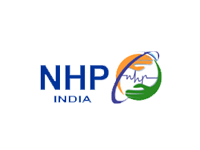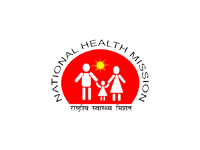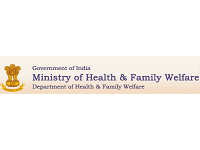India’s success in tackling its HIV/AIDS epidemic partly lies in how India has developed and used its evidence base to make critical policy and programmatic decisions. Over the past 15 years, the number of data sources has expanded and the geographic unit of data generation, analysis, and use for planning has shifted from the national to the state, district and now sub-district level. This has enabled India to focus on the right geographies, populations and fine tune its response over time.
The National AIDS Control Programme recognizes that rigorous and scientific evidence is central to an effective response and hence, having a strong Strategic Information management was a high priority agenda under NACP. Under NACP, it is envisaged to have an overarching knowledge management strategy that encompasses the entire gamut of strategic information activities starting with data generation to dissemination and effective use. The strategy will ensure
- High quality of data generation systems such as Surveillance, Programme Monitoring through SIMS and Research & Evaluation;
- Strengthening systematic analysis, synthesis, development, Data Analysis and dissemination of Knowledge products in various forms;
- Emphasis on Knowledge Translation as an important element of policy making and programme management at all levels; and
- Establishment of robust evaluation systems for outcome as well as impact evaluation of various interventions under the programme.

























